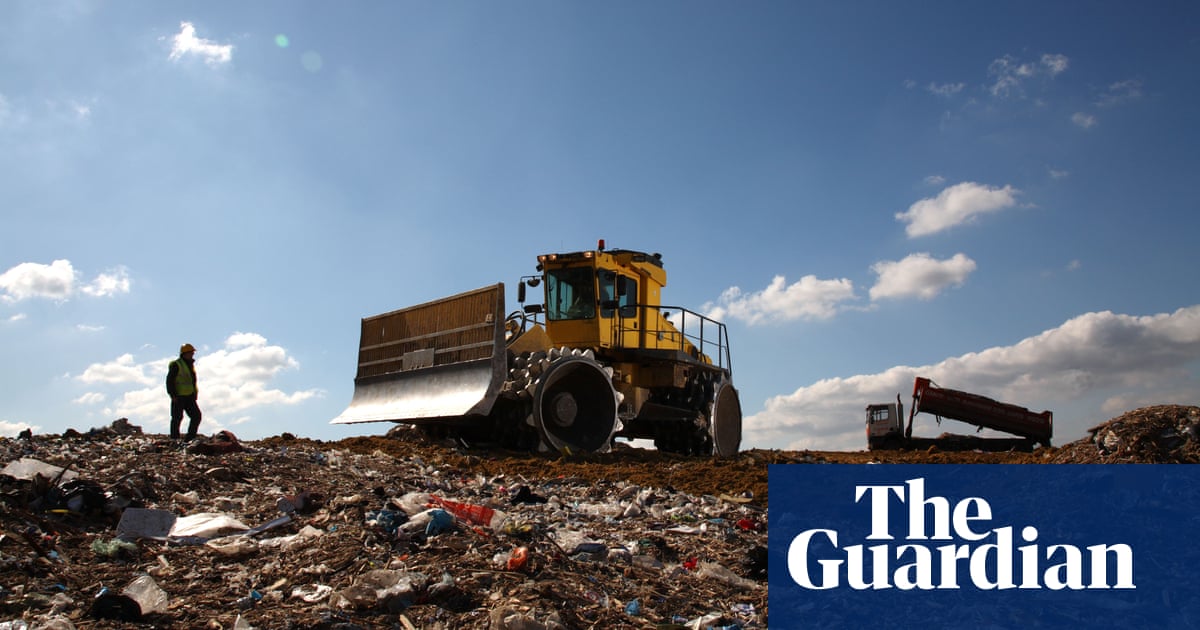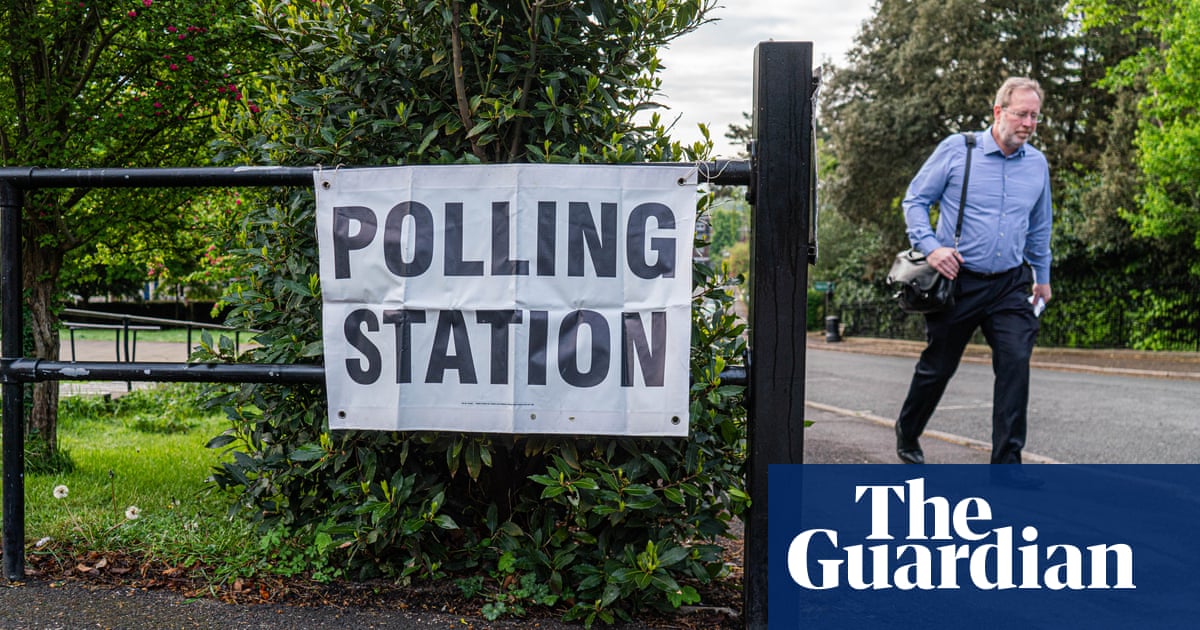A new amber warning for snow has been issued in the south-west of England as temperatures are expected to plummet as low as -20C in parts of the UK in the coming nights.
Yellow warnings for snow are in place across northern Scotland, Northern Ireland and the south coast of England for Wednesday and Thursday, with an additional warning across the west and north of Wales on Thursday that also encompasses Merseyside and Chester.
Further warnings are expected to be issued as the week goes on, the Met Office said, amid an icy blast that represents the lowest temperatures recorded in years.
The BBC’s weather forecaster, MeteoGroup, is predicting Thursday night to reach -20C in remote parts of northern England and Scotland, while the Met Office is forecasting -16C.
At the Tan Hill Inn, Britain’s highest pub, 10 people snowed in said they were “still in high spirits, not sure for how long though”.
The group of staff and visitors have been stuck at the North Yorkshire pub since Saturday evening due to heavy snowfall and have been told they are likely to be there until the weekend.
Oli Claydon, a spokesperson for the Met Office, told the PA news agency it will be “bitterly cold” on Thursday night.
A temperature of -14C would equal the lowest seen in this month last year, recorded in Dalwhinnie in the Scottish Highlands on 17 January 2024.
Lows of -20C have not been reached since -23C was recorded at Braemar, Aberdeenshire, in February 2021.
When it comes to January temperatures, -16C would be the lowest recorded in the UK for 15 years, since -22.3C was logged in Altnaharra in the Highlands on 8 January 2010, according to Met Office data.
The dangerously low temperatures have prompted the UK Health Security Agency (UKHSA) to extend its cold weather health alert for all of England until Sunday.
Amber alerts issued on Thursday have been extended and will now run until 12 January, meaning a rise in deaths is likely, the agency said.
Dr Agostinho Sousa, the head of extreme events and health protection at the UKHSA, said: “This weather can have a serious impact on the health of some people, including those aged 65 and over and those with pre-existing health conditions, and it is therefore vital that we continue to check in on friends, family and neighbours that are most vulnerable.
“These people could be more at risk of heart attacks, stroke and chest infections as a result of cold temperatures.”
As icy conditions persist, motorists are being urged to stick to major roads that are most likely to have been gritted.
Since the weekend, cars have become stranded on different parts of the UK’s road network, including the M1 motorway. Rural roads have seen cars abandoned, including the Winnats Pass in the Peak District, which was closed due to cars being stuck in the snow on Tuesday.
On Monday, in Morley, Leeds, about a dozen young people were caught on video pushing a doubledecker bus to free it from the snow.
Car insurer RAC said it has seen the highest levels of demand for rescues in a three-day period since December 2022, with spokesperson Alice Simpson urging drivers to remain vigilant of the risks posed by ice and snow.
She said: “Black ice on rural roads can be impossible to spot, leaving very little time to react if driving at speed. Sticking to major roads that are most likely to have been gritted is strongly recommended.”

.png) 3 months ago
37
3 months ago
37













































